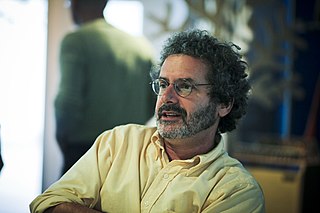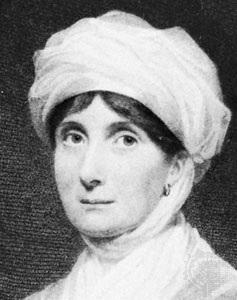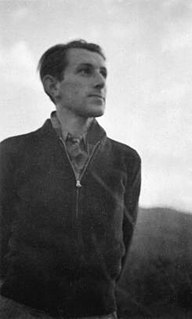A Quote by Hesiod
Fools, they do not even know how much more is the half than the whole.
Related Quotes
The world is not made of countries and outsiders. We are all just humans, and most of us fools and all of us longing for more than we have, to know more than we know--and yet even that is not enough, for if we knew everything we would only be disappointed that there was not one more secret to uncover.
I think there's just an inherent burden of being alive and being a woman. No man would ever admit that, but I think women know it, which is: You know more than men, you know more than most people you're dealing with every day, and you know that's it up to you to make things move forward, and you get paid half as much, but you just do it.
How much can we ever know about the love and pain in another's heart? How much can we hope to understand those who have suffered deeper anguish, greater deprivation, and more crushing disappointments than we ourselves have known? Even if the world's rich and powerful were to put themselves in the shoes of the rest, how much would they really understand the wretched millions suffering around them? So it is when Orhan the novelist peers into the dark corners of his poet friend's difficult and painful life: How much can he really see?
I don’t want to love him—this would be so much simpler if I didn’t. But I do. He’s funny, and passionate, and strong, and he believes in me more than I even believe in myself. When he looks at me, I feel like I could take on the whole world and come out standing tall. I like myself better when I’m with him, because of how he sees me. He makes me feel beautiful and powerful, like I’m the most important thing in the world, and I don’t know how to walk away from that. I don’t know how to walk away from him.
I sell architecture better and more directly and more vividly than the architect does... The average architect is stupid. He doesn't know how to sell. He's not a merchandiser. He doesn't know how to express his own image. He doesn't know how to create a design of his image... And I do it. I've done it all my career over half a century, and it gets better.






































